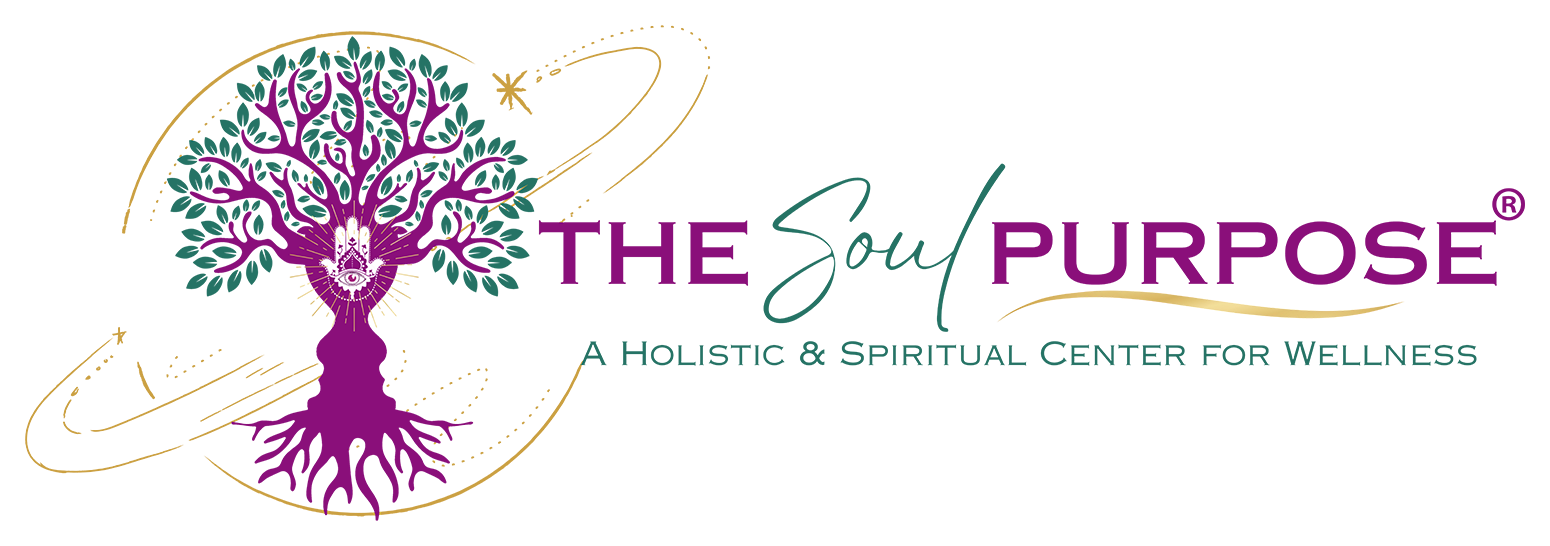Basic Herbalism for Therapeutic Professionals Program in Swansea, MA near PRovidence, RI
The purpose of this class is to educate medical and mental health professionals on the research based benefits of using herbs in a clinical environment. This class also instructs participants in how to use herbs safely in therapeutic practice.

About Your Instructor - Jessica Kozak Shaw
Rev. Jessica Kozak Shaw is the founder and owner of The Soul Purpose ® , LLC since she opened it in 2005. She is a Multidimensional Mystic and Master-Healer and works as a Master Healer & Teacher, Intuitive Spiritual Guide and Channel. Jessica has degrees in Management Science, Metaphysical Counseling, and Clinical Psychology with a focus in counseling. Jessica is an ordained minister/director of the Universal Brotherhood Movement since 2005 and also an interfaith minister of the Metaphysical Universal Ministry through their extensive study/training program since 2012. She has studied Toltec Shamanism and her Reiki Training goes back to the year 1999 . She is a Master Teacher of Usui, Holy Fire III Karuna, and Lightarian Reiki Lineages. Jessica trained as an Energy Medicine Practitioner and graduated from a 3-year Energy Medicine Institute. She now has a Healer Training Program she developed and is the founder of the Birch Tree Interfaith Ministry and also the Co-Founder of Cosmic Heart Reiki ® .
How is Herbal Medicine Different from Conventional Medicine?
Conventional medicine uses one or two components or chemical constituents from a plant to make pharmaceuticals that treat disease. Herbalists use the entire plant believing that each part has a purpose.
The History of Herbs
The use of plants as herbs has been important to all cultures prehistoric times. Hundreds of tribal cultures have used wild and cultivated herbs for medicinal and food purposes for thousands of years. Herbs are mentioned in Genesis, the first chapter of the Bible, and throughout its text.
Examples of historical herb use include:
- Ancient Romans used dill to purify the air.
- In the 5th century B.C., Hippocrates, the famous Greek physician, listed approximately 400 herbs in common use.
- In the Middle Ages, herbs were used to preserve meat and mask body odor. Although, The Catholic Church condemned using herbs for medicinal reasons during this time Period, they were the only treatment available.
- Early American settlers used herbs to season food and for medicinal purposes.
- In the Civil War Yarrow was used to stop bleeding, Echinacea helped against infection, pennyroyal was used as an insect repellent and slippery elm soothed sore throats.
- As recently as World War II, thyme, foxglove and peat moss, as well as many other herbs, were used in medicinal treatments.
What therapeutic professionals need to consider about herbal medicine?
Course Agenda/Syllabus
I) Welcome
II) The History of Herbs
III) Shopping for Herbs versus Growing Herbs
IV) Herbal Medicine
a) Holistic versus Conventional Medicine
b) Holistic Approach – Energetics of Herbs, Individuals and Illness
c) Research Studies
V) General Herb Information
a) Fresh versus Dried
b) Pharmaceuticals ,made from Herbs
VI) How Herbs Work
VII) Working With Herbs
VIII) Herb Safety and Best Practices
IX) How to Use Herbs
X) Implementing a Therapeutic Herbal Practice
a) Policy and Procedure Issues
b) Storage Considerations
c) Training Considerations
d) Funding
e) Cost Justification
XI) Herb Profiles
XII) Case Studies
XIII) Workshop - Basic Herbal Therapies
XIV) Quiz
XV) Adjournment
XVI) Evaluation
Continuing Education Credits
NURSES
The three module programs are in compliance with MA Continuing Education requirements for nurses in accordance with 244 CMR.
Social Workers
These classes will be submitted for approval to NASW in MA and RI.
Other licensed health care professionals
CEU’s may be available - Contact Us for More Info
